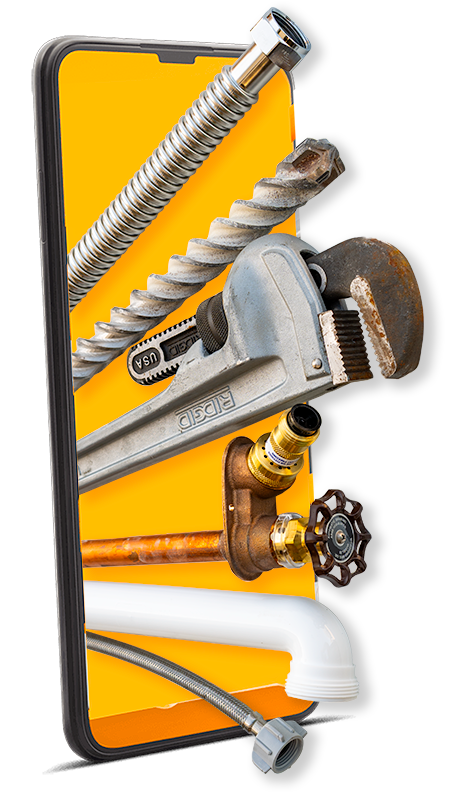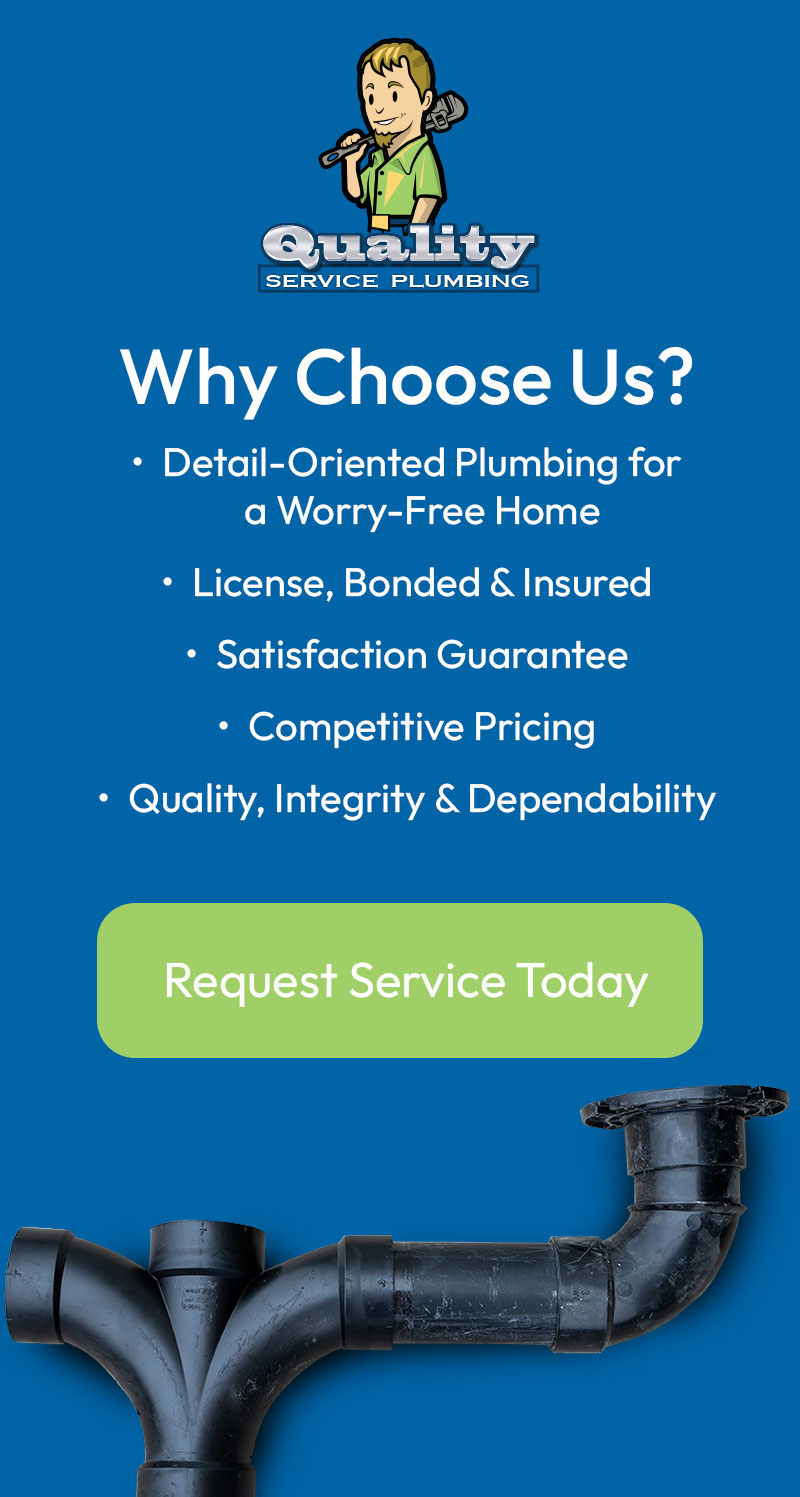Get In Touch:
Water Treatment Services for a Healthier Home
Water Softeners
Hard water can wreak havoc on your home’s plumbing, appliances, and even your skin and hair. Our water softener solutions remove excess minerals like calcium and magnesium, extending the life of your appliances and improving your daily water experience. Enjoy softer laundry, spot-free dishes, and better lather from your soaps and shampoos.
How to Tell if You Have Hard Water:
- Spotty Dishes & Glassware: Persistent spots even after washing.
- Dry Skin & Hair: Irritation despite using moisturizing products.
- Soap Scum Buildup: Visible residue on sinks, tubs, or shower walls.
- Appliance Issues: Reduced efficiency or scale buildup in water heaters.
- Clogged Pipes: Slower water flow due to mineral deposits.
- Visible White Buildup: A white build up on your appliances or faucets is caused by hard water mineral deposits from calcium and magnesium.
Benefits of Water Softeners:
- Prolong the lifespan of water heaters and plumbing fixtures.
- Reduce soap and detergent usage.
- Improve the feel of water for bathing and washing.
- Prevent scale buildup in pipes and appliances.

Freqently Asked Questions
Whole-Home Water Filtration System
Protect your family from contaminants with a professionally installed water filtration system. From sediment and chlorine to harmful chemicals, our filtration solutions remove impurities at the point of entry, ensuring every tap in your home provides clean, safe water.
Benefits of Whole-Home Filtration:
- Improved taste and odor of water.
- Reduced exposure to harmful chemicals.
- Cleaner water for bathing and cooking.
- Protection for plumbing and appliances.
Freqently Asked Questions
Reverse Osmosis
Enjoy the convenience of bottled-water quality right from your tap with a reverse osmosis system. This advanced water purification process removes up to 99% of contaminants, providing safe, clean drinking water for your family.
Why Choose Reverse Osmosis::
- Removes contaminants such as lead, nitrates, and bacteria.
- Improves the taste and clarity of drinking water.
- Reduces the need for bottled water, saving money and reducing waste.
- Compact, under-sink systems for space efficiency.
Freqently Asked Questions

Start enjoying better water today!
Contact Quality Service Plumbing at 208-866-7903 to schedule a consultation and explore the best water treatment options for your home!

